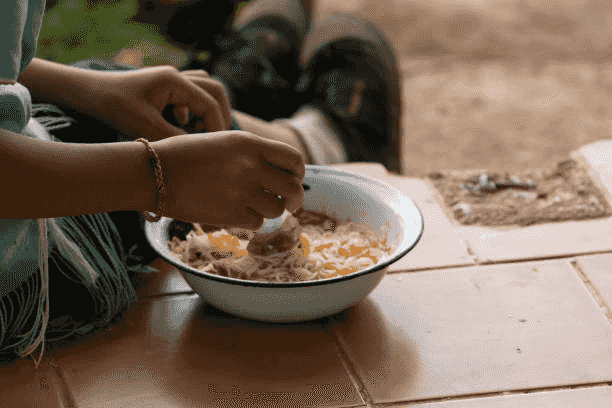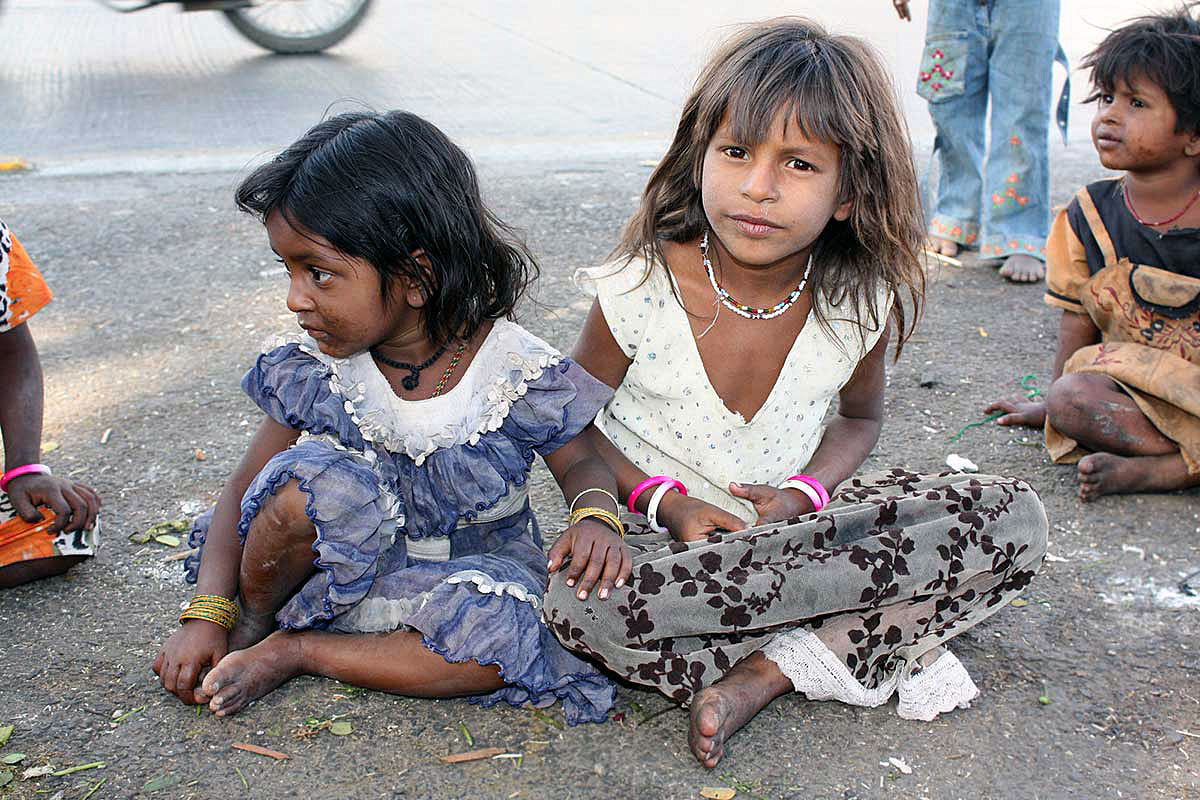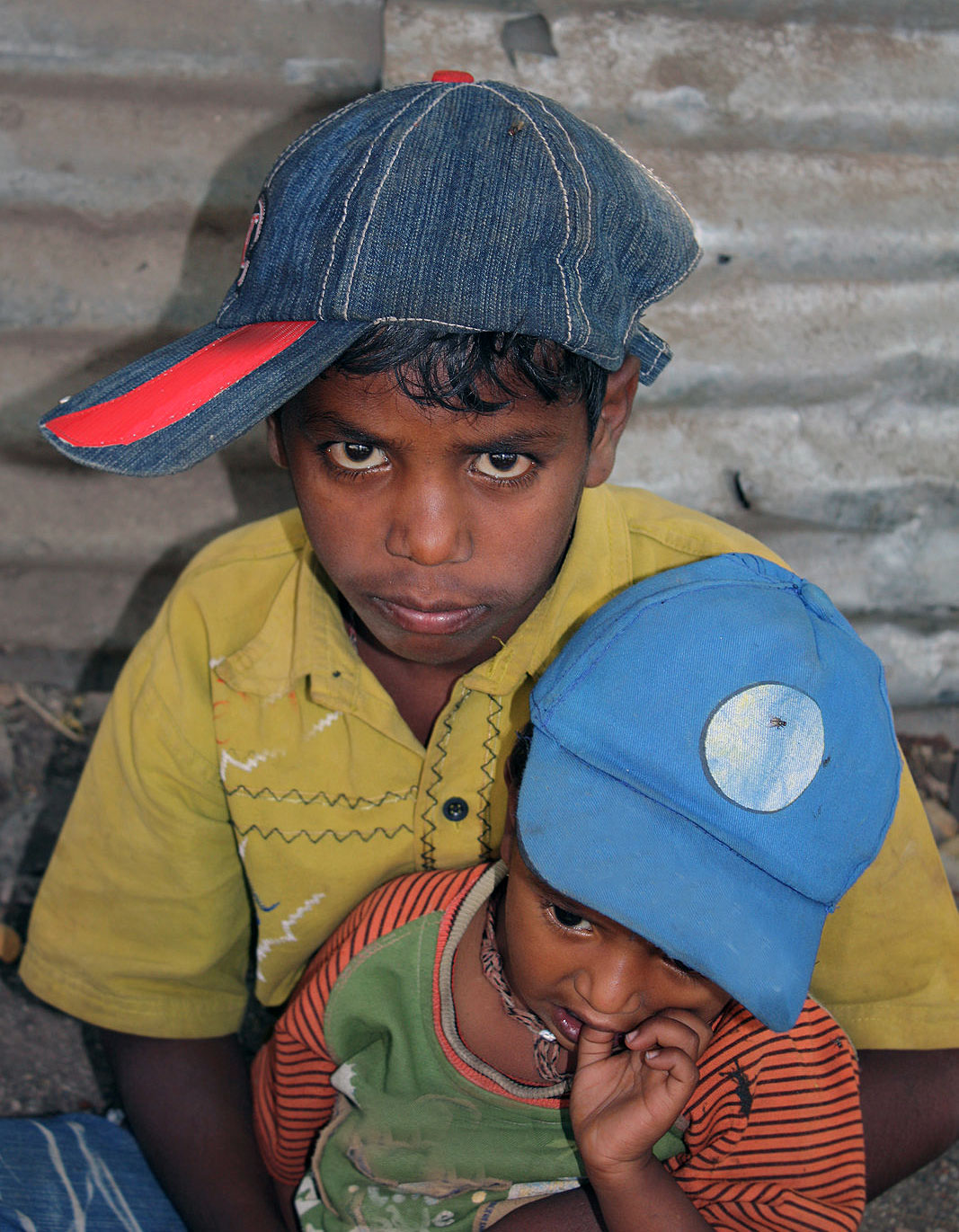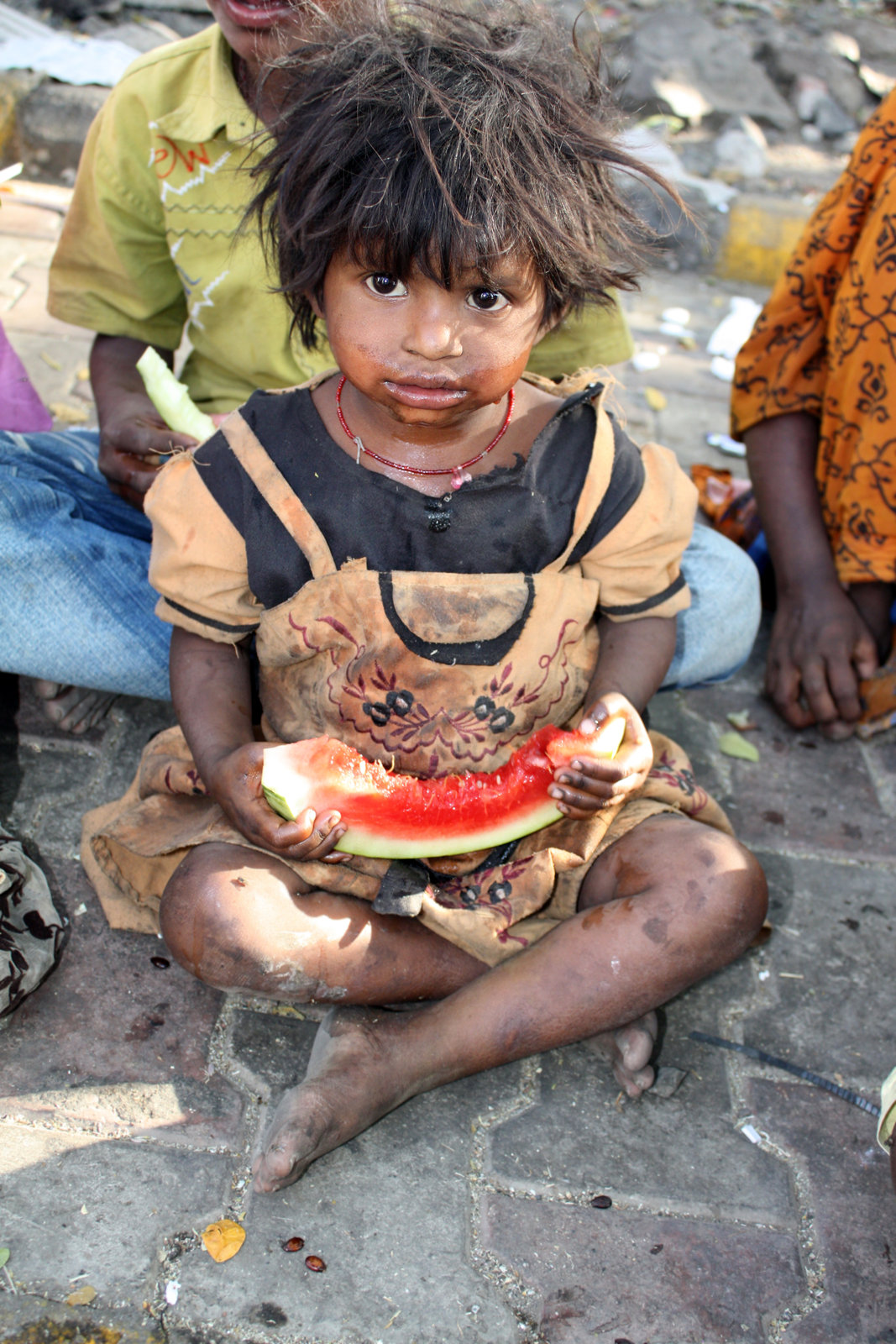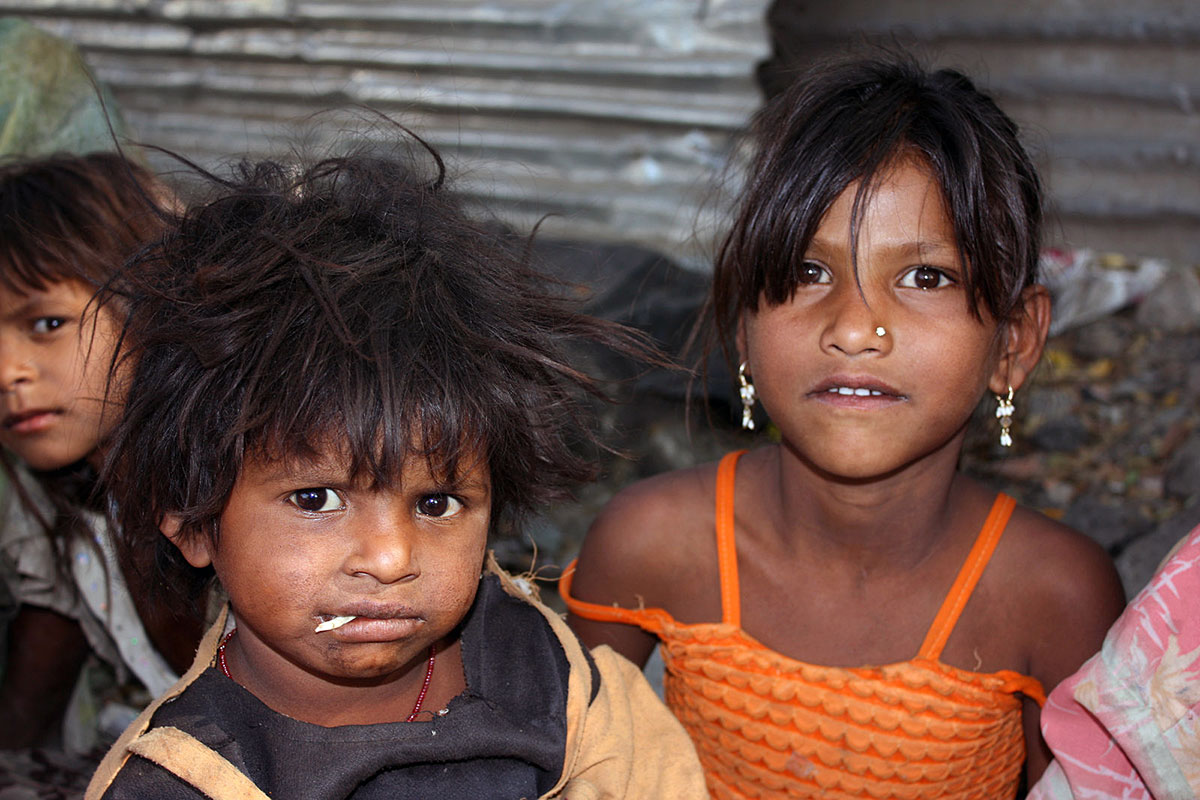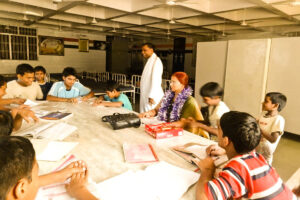No products in the cart.
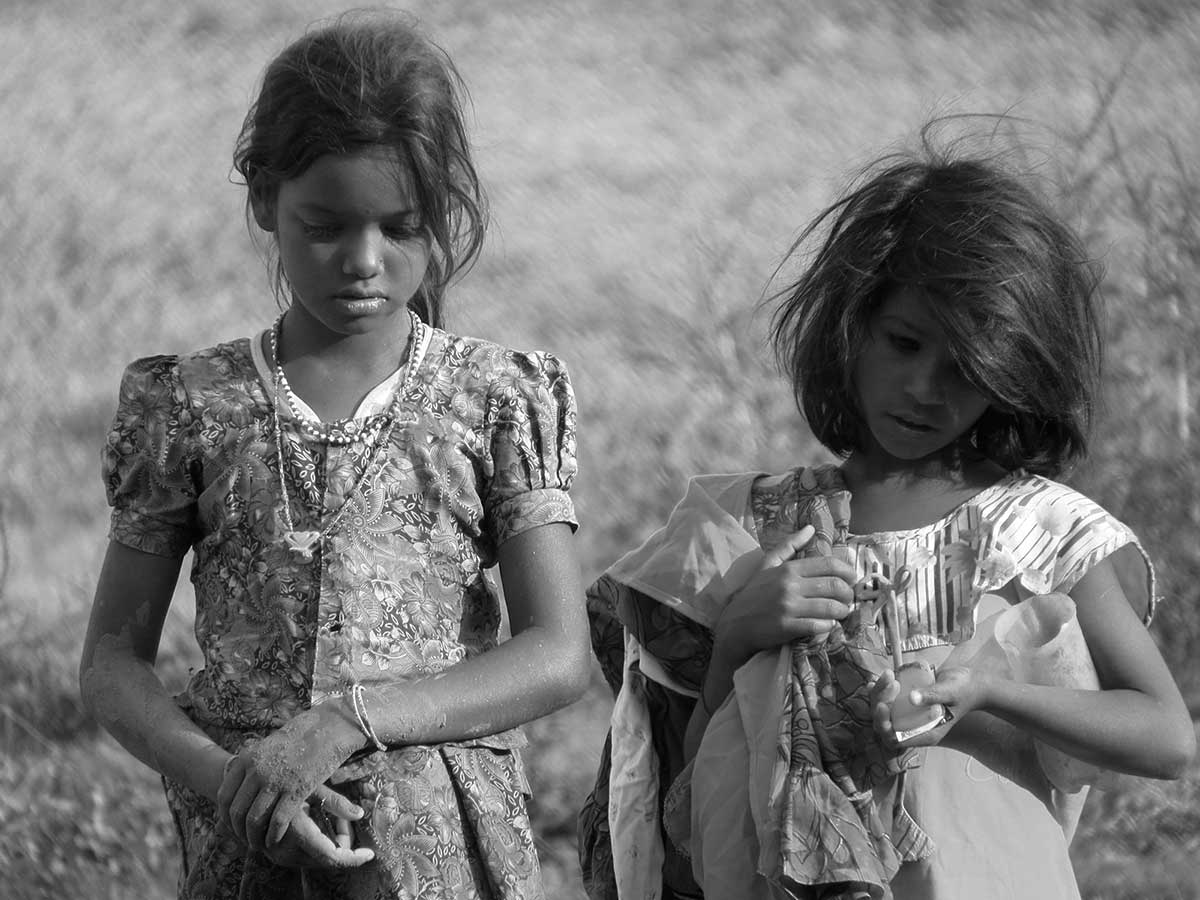
Childhood behavior disorders
As a parent, you may be concerned about Childhood behavior disorders in your child. Is your child’s behavior normal? Or could it be a sign of a problem?
Most children go through periods of time when they have a disruptive behavior. But if your child’s behavior is consistently disruptive and interferes with daily activities, it could be a sign of a problem
We all know that children can be a handful sometimes. But what happens when a child’s behavior goes beyond the occasional tantrum or defiant act? When should you be concerned that your child may have a behavior disorder?
There are many different types of disruptive behavioral problems disorders that can affect children. Some of the more common ones include Attention Deficit Hyperactivity Disorder (ADHD), Oppositional Defiant Disorder (ODD), and Conduct Disorder (CD).
Symptoms of ADHD can include trouble focusing or paying attention, hyperactivity, and impulsiveness. Children with ODD may be frequently defiant or argumentative with adults, and those with CD may engage in aggressive or antisocial behaviors.
Anxiety disorders: These disorders can make children very fearful and anxious. They may have trouble sleeping and may avoid places or activities that make them feel anxious.
Depression: This is a serious mood disorder. Children who are depressed may have a hard time enjoying activities they used to enjoy. They may also have trouble Concentrating, low self-esteem, and thoughts of suicide.
If you’re concerned that your child may have a behavior disorder, it’s important to talk to your child’s doctor. He or she can perform an evaluation to rule out other possible causes of the symptoms and make a diagnosis.
There are some behaviors that are normal for children, but may be a sign of a problem if they are excessive or persistent. For example, tantrums are a normal part of childhood, but if your child is having frequent, severe tantrums, it could be a sign of a problem.
Here are some other behaviors that may be a sign of a problem:
- Withdrawing from friends or activities.
- Disruptive or aggressive behavior.
- Poor grades or not doing well in school.
- Excessive worry or anxiety.
- Persistent sadness or irritability
- Defiance of authority figures
- Substance abuse


